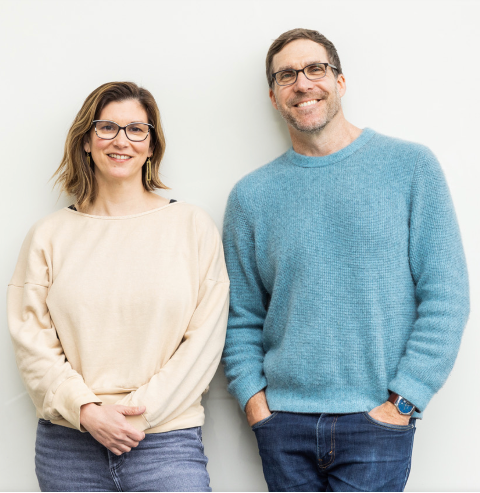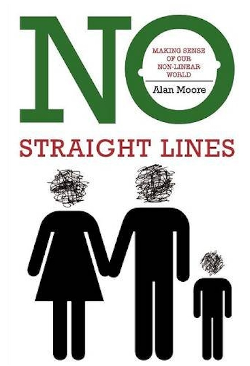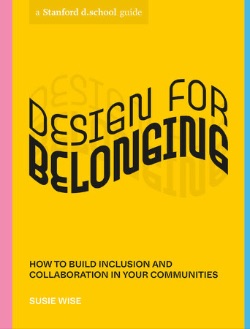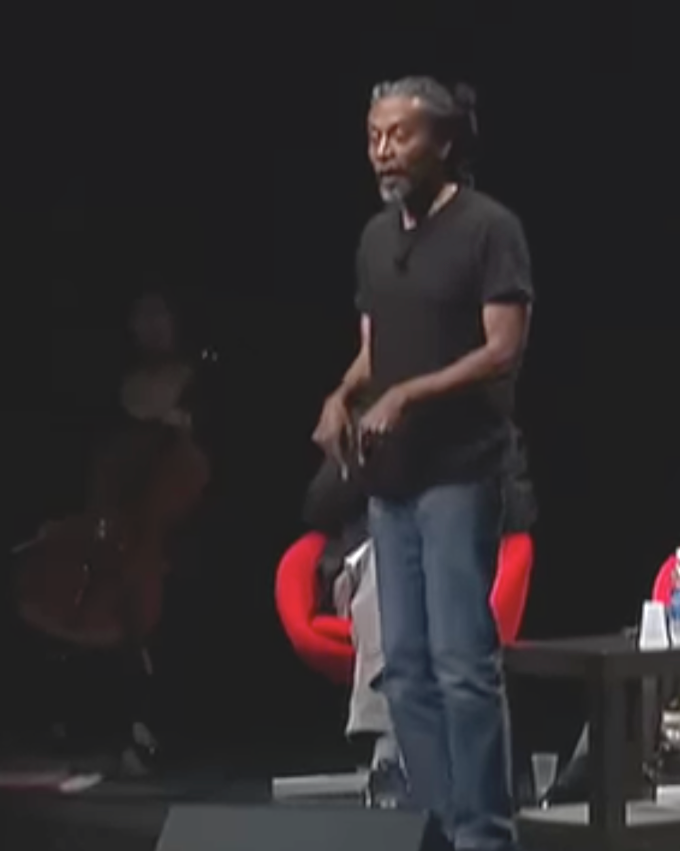June 28, 2024
Learning
How can we create things in the world without causing harm, and instead, create with healing in mind?

Assembling Tomorrow authors Carissa Carter and Scott Doorley. Photo by Patrick Beaudouin
Assembling Tomorrow authors Carissa Carter and Scott Doorley. Photo by Patrick Beaudouin
Assembling Tomorrow authors Carissa Carter and Scott Doorley. Photo by Patrick Beaudouin
"To be a maker today—to be human—is to collaborate with the world. It is to create and be created, to work and be worked on, to make and be made. To be human is to tinker, create, fix, care, and bring new things into the world. It is to design.
"However, even with the best intentions, we keep making things that don’t quite work and might wreak havoc. Why?
"We forget to include our weaknesses in our designs—not to exploit them but to respond to them. Things get messy when our capacity to create meets our limited capacity to understand our influence. Building a product is hard work, but tracking its results, ripples, and repercussions is another story. We end up with transportation that warms the planet, social media that frays our nerves, and AI that alters our relationships.
"This book is about broken things, the good intentions that designed them, and the great possibilities lingering amid their cracks. Intentions and consequences don’t always align as expected. Good is not always good, and bad is not all bad. Both are hard to predict and see. But if we pay close attention to how our designs may tear things apart and we create with healing in mind from the start, we can assemble a world worth making." — Carissa Carter and Scott Doorley
BOOK EXCERPT: What Could Go Wrong?
AUTHOR INTERVIEW: Imagining Better Futures with ‘Assembling Tomorrow’




